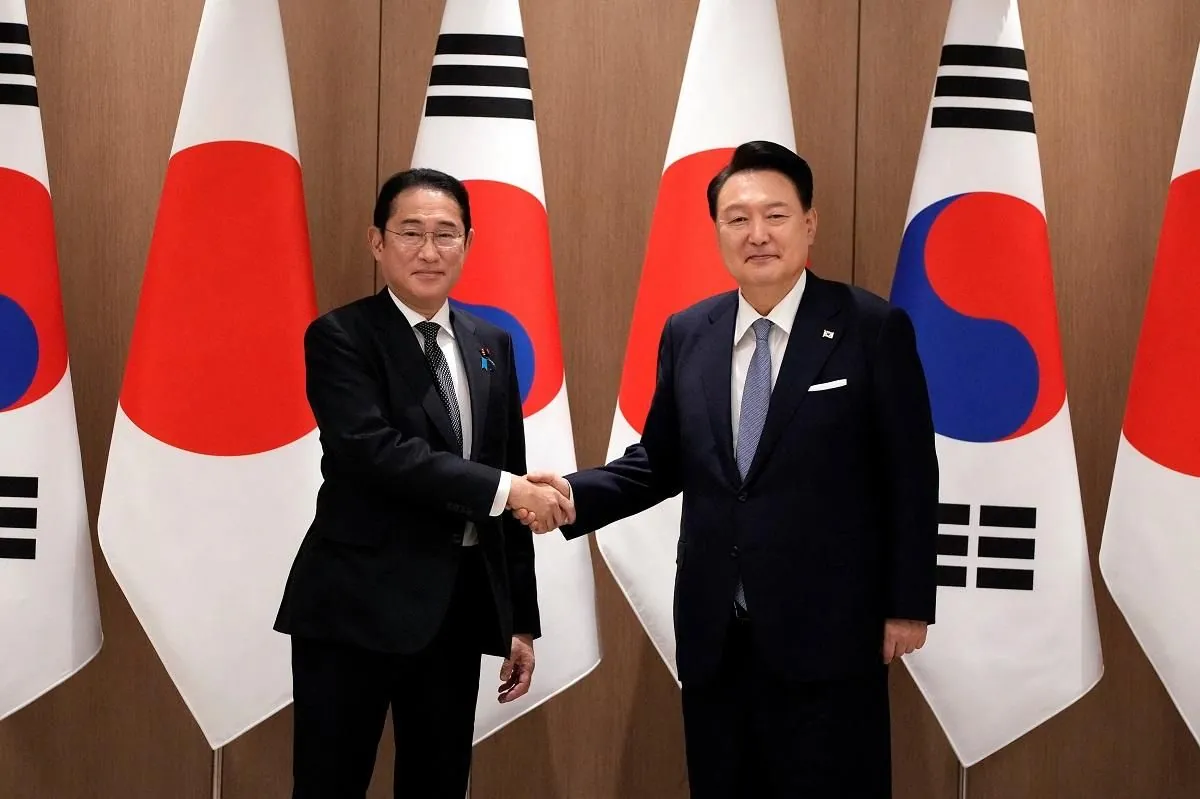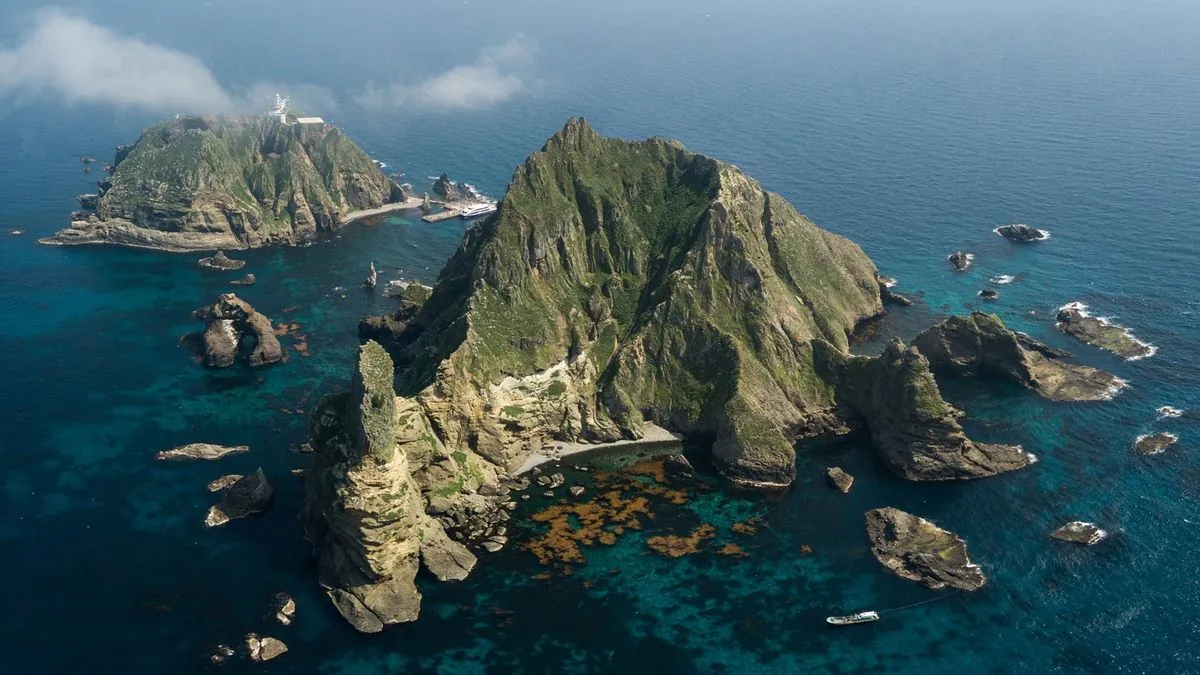South Korea Seeks Cooperation with Japan's New Leadership
South Korea expresses readiness to work with Japan's new cabinet following Shigeru Ishiba's election as ruling party leader. The move aims to strengthen bilateral ties and regional cooperation.

South Korea has expressed its willingness to collaborate with Japan's new cabinet following the election of Shigeru Ishiba as leader of Japan's ruling Liberal Democratic Party. This development marks a potential new chapter in the complex relationship between the two East Asian nations.
The South Korean foreign ministry stated, "South Korea and Japan are the closest neighbours and partners that share the values of freedom, human rights and the rule of law and pursue common interests in security, economy and global agenda." This statement underscores the shared democratic values and strategic interests that bind the two countries, despite historical tensions.
President Yoon Suk Yeol has prioritized improving relations with Tokyo since taking office in 2022. This diplomatic initiative aims to strengthen trilateral security cooperation with the United States, moving beyond decades of animosity rooted in Japan's colonial rule over Korea from 1910 to 1945.
The election of Ishiba, who is set to become Japan's next prime minister, comes at a crucial time for bilateral relations. Ishiba's past comments have led some to view him as potentially more conciliatory on historical issues that have long affected regional ties.

Recent years have seen a marked improvement in South Korea-Japan relations under the leadership of outgoing Japanese Prime Minister Fumio Kishida and President Yoon. This rapprochement has been encouraged by U.S. President Joe Biden, highlighting the strategic importance of cooperation between these key U.S. allies in the region.
The relationship between South Korea and Japan is multifaceted, extending beyond political and security realms. The two countries are major trading partners, with Japan being South Korea's third-largest trading partner. They have also collaborated on various fronts, including co-hosting the 2002 FIFA World Cup and working together on North Korea denuclearization efforts.
However, challenges remain. Historical disputes, such as those related to comfort women and forced labor during World War II, continue to impact bilateral relations. Territorial disagreements, particularly over the Liancourt Rocks (known as Dokdo in Korea and Takeshima in Japan), also persist as potential sources of tension.
Despite these obstacles, both nations face similar contemporary challenges, including aging populations and the need for economic innovation. They are also part of the "Four Asian Tigers" economic group, highlighting their shared experiences of rapid industrialization and economic growth.
As the region grapples with evolving geopolitical dynamics, including China's rising influence and North Korea's nuclear ambitions, the importance of strong South Korea-Japan ties cannot be overstated. The potential for increased cooperation extends to various fields, from cultural exchanges to proposed infrastructure projects like the Japan-Korea Undersea Tunnel.
The coming months will be crucial in determining whether the positive momentum in South Korea-Japan relations can be maintained and further developed under new leadership. As both nations navigate their shared challenges and opportunities, the international community will be watching closely to see how this key relationship in East Asia evolves.
"This government looks forward to our two countries working together proactively for improving future oriented ties."


































